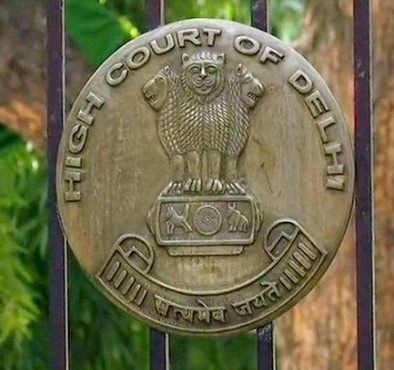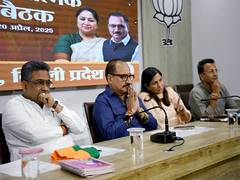Delhi HC seeks Centre, state govts’ stand on PIL seeking restriction on cash transaction in online purchase
New Delhi [India], May 3: Delhi High Court on Wednesday sought responses from Central Government and Delhi Government on a Public Interest Litigation (PIL), praying for a direction to take appropriate steps to restrict cash transactions of goods, products and services, purchased through the online shopping platforms.

The bench consisting of Justices Satish Chander Sharma and Tushar Rao Gedela listed the matter for August 1, 2023. The plea seeks a complete ban on cash transactions of goods & services purchased through online shopping platforms like Amazon, Flipkart, etc.
The plea further sought direction to take appropriate steps to restrict cash transactions of all industrial and domestic goods, products and services of the maximum retail price of Rs 10,000 and above.
The plea also prayed for restriction on cash transactions of air tickets, rail tickets, electricity bills, LPG bills, CNG bills, municipality bills and other such bills of Rs 10,000 and above.
Petitioner Ashwini Kumar Upadhyay, a Bharatiya Janata Party (BJP) leader stated that it will reduce corruption in order to secure the right to dignity, the right to justice and other fundamental rights guaranteed under the Constitution.
The reflection of ineffective defective outdated anti-corruption laws displays a welcoming environment of corruption in every activity and decision of government departments and their welfare schemes. In turn, it creates obstacles in the country’s socioeconomic growth, resulting in a substantial negative impact on various indicators of the global ranking of India, the plea stated.
It further said the availability of unlimited cash in the marketplace is the root cause of corruption which promotes greedy and corrupt persons to indulge in rampant corruption making fools of the system and the law of the land. The plea states that vested interest groups are extremely active in corrupt practices taking advantage of the faulty system.
The plea stated that the benefits of restricting cash transactions and moving towards digital transactions are many.
“A clean-transparent economy, many folds increase in revenue of the Centre and States, minimum 20 per cent drop in commodity prices with deep in inflation, bank loan at the nominal interest rate, 20 per cent reduction in construction and infrastructure cost, 50 per cent reduction in terrorism, separatism, fundamentalism, 50 per cent reduction in casteism, communalism, linguism, regionalism incidents, 100 per cent more essential social schemes like ration, gas, electricity, education, healthcare, house, cloths, tiffin, scholarship, etc to EWS-BPL families, world-class infrastructure across the country, minimum 25 per cent growth in industry agriculture and service sector, significant growth in employment, more social security benefits to citizens, focus shift from tax manipulation to innovation, globally competitive business, better rule of law and security of right to life liberty and dignity, etc”, the plea read.






